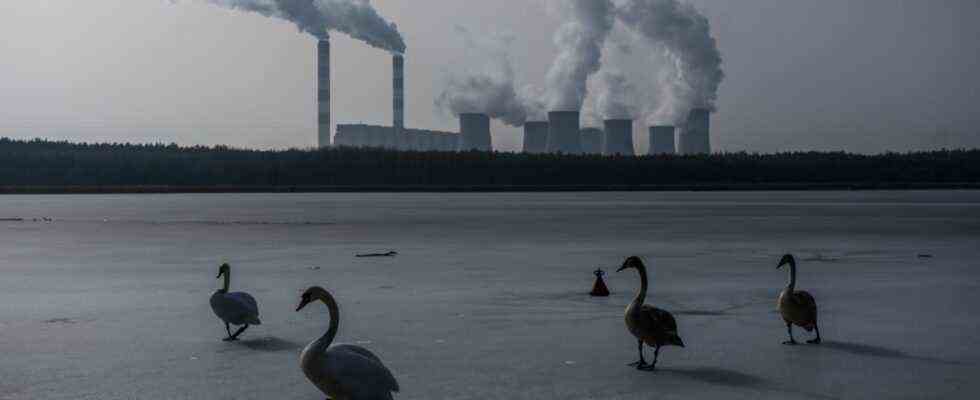Olaf Scholz as Chancellor, and as quickly as possible: Many Social Democrats in the European Union supported the German comrades after the general election. Frans Timmermans, Executive Vice President of the EU Commission and Architect of the Green Deal, tweeted in his congratulations to Scholz: “Social justice, climate protection and the green transformations of our economy and society go hand in hand, and the election result underscores that.” According to David Sassoli, the President of the European Parliament, Europe needs a “strong and reliable partner in Berlin to continue our joint work for a social and green recovery”. Iratxe Garcia Perez, the head of the social democratic MEPs, is looking forward to one “new progressive leader” in the round of heads of state and government.
The response on the conservative side: very cautious. Commission President Ursula von der Leyen (CDU) is silent. Demands that Armin Laschet should become Chancellor were hardly heard from non-German Christian Democrats in the EU. The European People’s Party would lose an enormous amount of influence if Scholz moved into the Federal Chancellery, because then the Christian Democrats would no longer rule a large EU country.
What everyone in Brussels would like, however, is that the government in Berlin should be in place as quickly as possible. The French government in particular is impatient: it will take over the rotating EU Council Presidency in January, and President Emmanuel Macron would like to show some success when he surrenders to the electorate in April. Because the Green Deal, the EU’s largest project, is politically explosive in view of rising energy prices, Paris wants at least to make progress in defense policy.
If the coalition talks drag on and if Germany, as the largest and economically strongest member state, would not be able to speak in Brussels for months, time would be very short. The wish: Angela Merkel’s successor should arrive in Brussels at the EU summit on December 16 and 17 at the latest.
Differences in the Corona auxiliary pot
Whether Olaf Scholz or Armin Laschet, many hope that both of them will play a more active role in Germany in the duo with France. Regardless of traffic lights or Jamaica, many questions revolve around Christian Lindner, who claims the office of finance minister. The FDP boss has the reputation of being an intimate enemy of the Greens and thus a brake on climate protection. And he is considered a hardliner when it comes to common debts and the interpretation of the Stability and Growth Pact.
The EU Commission wants to discuss reforms of these rules for sound budget management with the states. Here the parties are far apart: The Union and the FDP are calling for violations to be punished more severely. The SPD, on the other hand, wants to develop the set of rules “into a sustainability pact”: Instead of austerity programs, investments should now be the order of the day. Even the Greens would rather let the governments invest.
The Corona aid pot is also assessed very differently. The Commission is taking on large-scale debts for this fund, for which the states are jointly responsible – a first. The Union and FDP emphasize that this must remain an exception, the EU must not become a debt union. The Liberals also reject the introduction of EU taxes. The SPD and the Greens, on the other hand, want the Union to keep such a pot for investments over the long term.
Those countries like the Netherlands, Austria, Denmark and Sweden, for which budget discipline is traditionally very important, should hope for a Jamaica alliance. Highly indebted southern European states, on the other hand, would rather be happy about an SPD-led government – in which it would be best not to have the FDP as finance minister.

